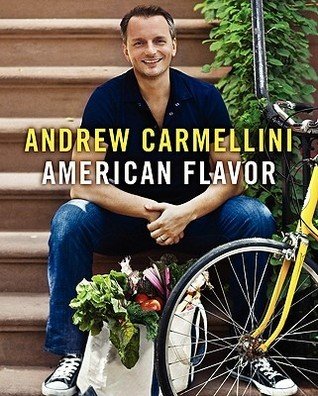books by Gwen Hyman
writer • editor • ghostwriter • co-writer • developmental editor
Thinking on the Page
Thinking on the Page is a step-by-step guide to writing for college.
It's full of hands-on reading, writing and editing tactics that make sense for all kinds of learners. We take you through every stage of the writing process, from the basics of analytical reading to final edits. And we break it all down with lots of drawings, charts and examples.
“In a superbly crafted collaboration, Schulman and Hyman draw upon their many years of experience and expertise … exceptionally well written and thoroughly 'user friendly' throughout, Thinking on the Page is very highly recommended as a reference for college and university students, and would well serve the needs of non-academic aspiring writers seeking to hone and improve the quality of their writing”. —Midwest Book Review
“Deeply thoughtful, broadly expert, and terrifically useful ... Thinking on the Page abounds with smart, practical advice .... Students could do no better than to have these authors with them through college or university.” —Prof. Jonathan Warren, Chair, Department of English, York University
American Flavor
American Flavor is the story of chef Andrew Carmellini’s culinary life on the road.
Co-authored by Gwen Hyman
Carmellini is a James Beard Award winner and the executive chef/owner of a slew of hit restaurants in New York City and across the country. In this book, he takes readers on a rich tour of the best of American cookery through irresistible recipes and stories.
“Andrew Carmellini's American Flavor is a melting pot. Brash, polished, and full of scrapbook flair … it looks like a New York City chef's 2011 mix tape of Jane and Michael Stern's Roadfood. Carmellini … can spin a yarn. His introduction is so riveting that my wife begs me to share the book, and together we read his love letter to the open road and the kitchens where he has worked.” —Hunter Lewis, Editor-in-Chief, Food & Wine
Urban Italian
In Urban Italian, one of the country’s great chefs lets you in on how he cooks Italian food in his own home kitchen—and he tells some great tales of the culinary life, too.
Drawing on his Italian roots, his New York City culinary life and his classical training in Europe, Carmellini offers recipes for beautiful food made only with the ingredients, techniques, and time available to the ordinary home cook. Along the way, he tells stories about his family’s culinary heritage and his cooking (mis)adventures in America and Italy.
“Urban Italian…stands apart; its outstanding recipes and unpretentious voice are irresistible…From accounts of family excursions throughout Italy to his own escapades in and out of culinary school, Lespinasse, and Café Boulud, it’s filled with the kind of laugh-out-loud stories you just know chefs share over a cold one at the end of a long day…[T]he recipes…[are] adventurous, stylish, and as much fun as the text itself.” —Diane Abrams, Gourmet Magazine
“Andrew Carmellini’s Urban Italian is that rare breed of cookbook: written by a skilled, top-tier professional, yet at all times accessible, unintimidating, and inspiring to the home cook. In short, it’s everything a cookbook should be. The conversational style provides both a thrilling introduction and the feeling, while cooking, that the chef is standing next to in the kitchen, forgiving your mistakes, urging you along, painlessly expanding your reservoir of knowledge.”—Anthony Bourdain
Making A Man
Gentlemanly Appetites in the Nineteenth-Century British Novel
Gruel and truffles, wine and gin, opium and cocaine.
Making a Man explores food, drink, and drugs in the conspicuously consuming British nineteenth century. The book uses food history and theory, literary criticism, anthropology, gender theory, economics, and social criticism to explore the question of what makes a man in novels of the period. By analyzing the rituals of the dining room, drawing room, opium den, and cocaine lab, it reveals how appetite makes, unmakes, and remakes the gentlemanly body in Victorian literature—and what that reveals in turn about Victorian culture.
“The contributions to nineteenth-century cultural studies, food studies, and studies in the novel are striking and significant. The readings of wine and food are superb.... The linkage the author draws between aliment and the identity of the gentleman is groundbreaking.” ― Donald E. Hall, Literary and Cultural Theory
“[A] subtle and persuasive account of the nineteenth-century novel’s reliance on shifting relations between ‘the alimental gentleman’ and what that gentleman eats and drinks…. [A] significant and engaging book.” —Victorian Studies
“...with much wit and an alertness to how novels work, Making a Man cleverly fleshes out the complications of gentlemanly identity in the nineteenth-century novel.” —Gastronomica



